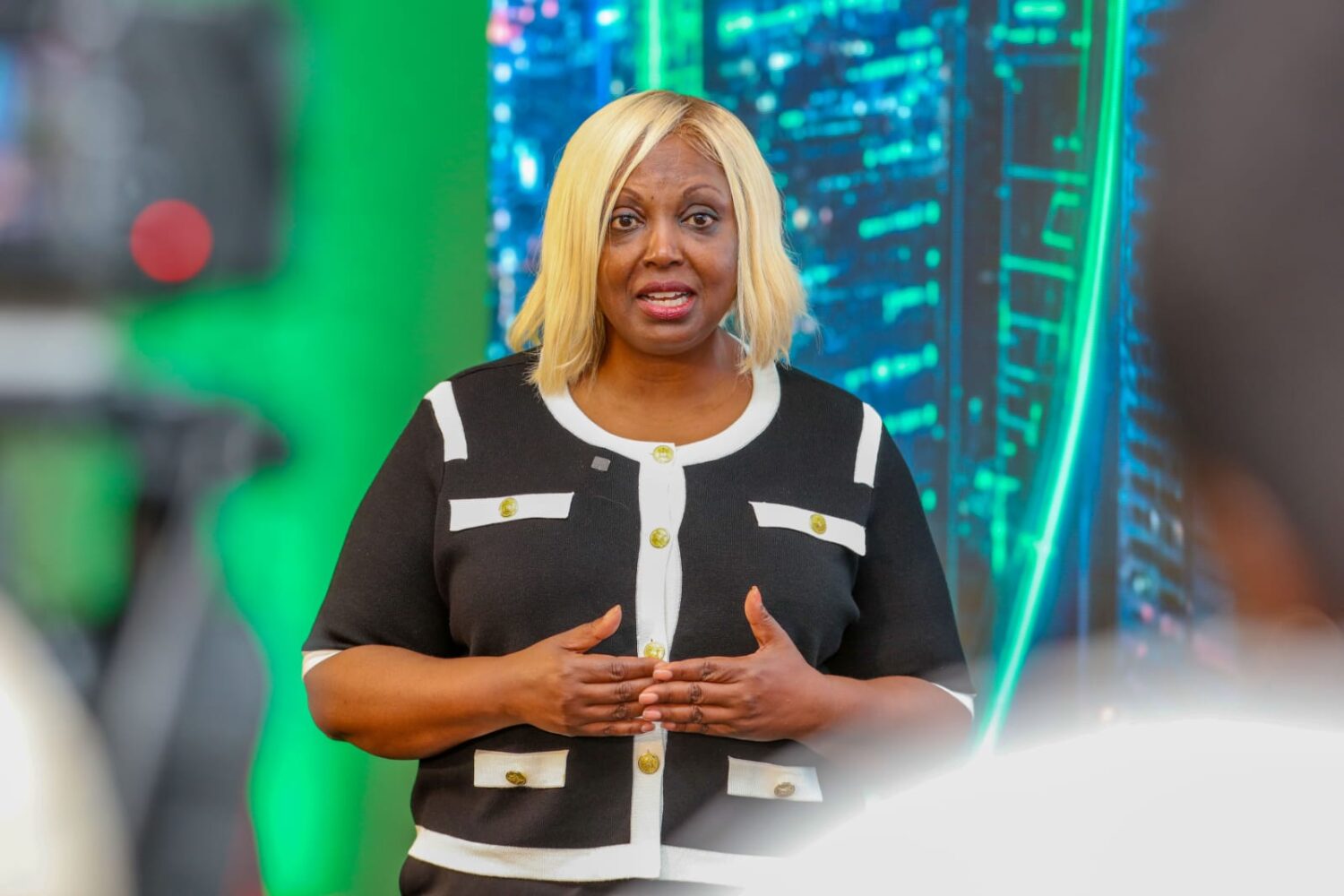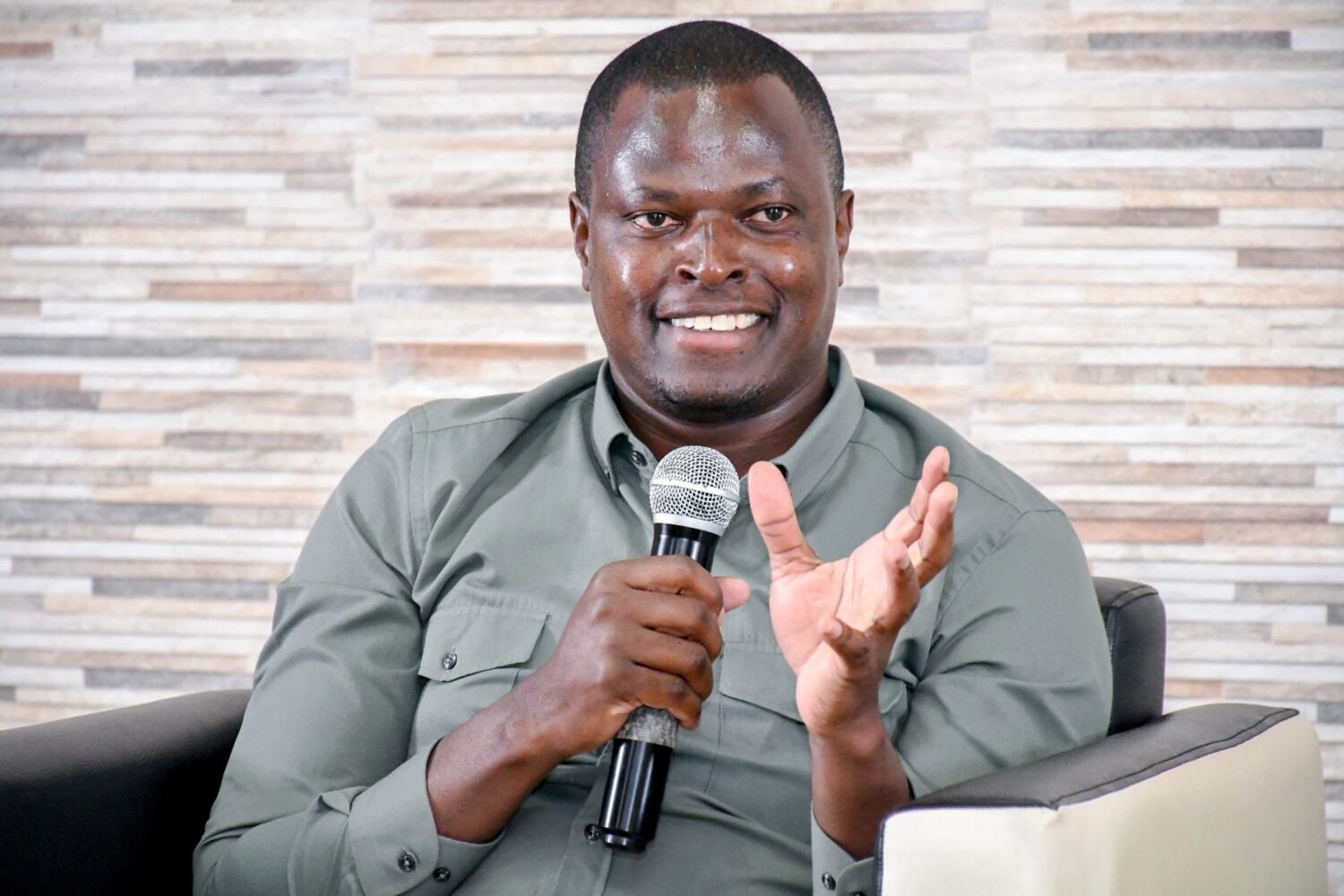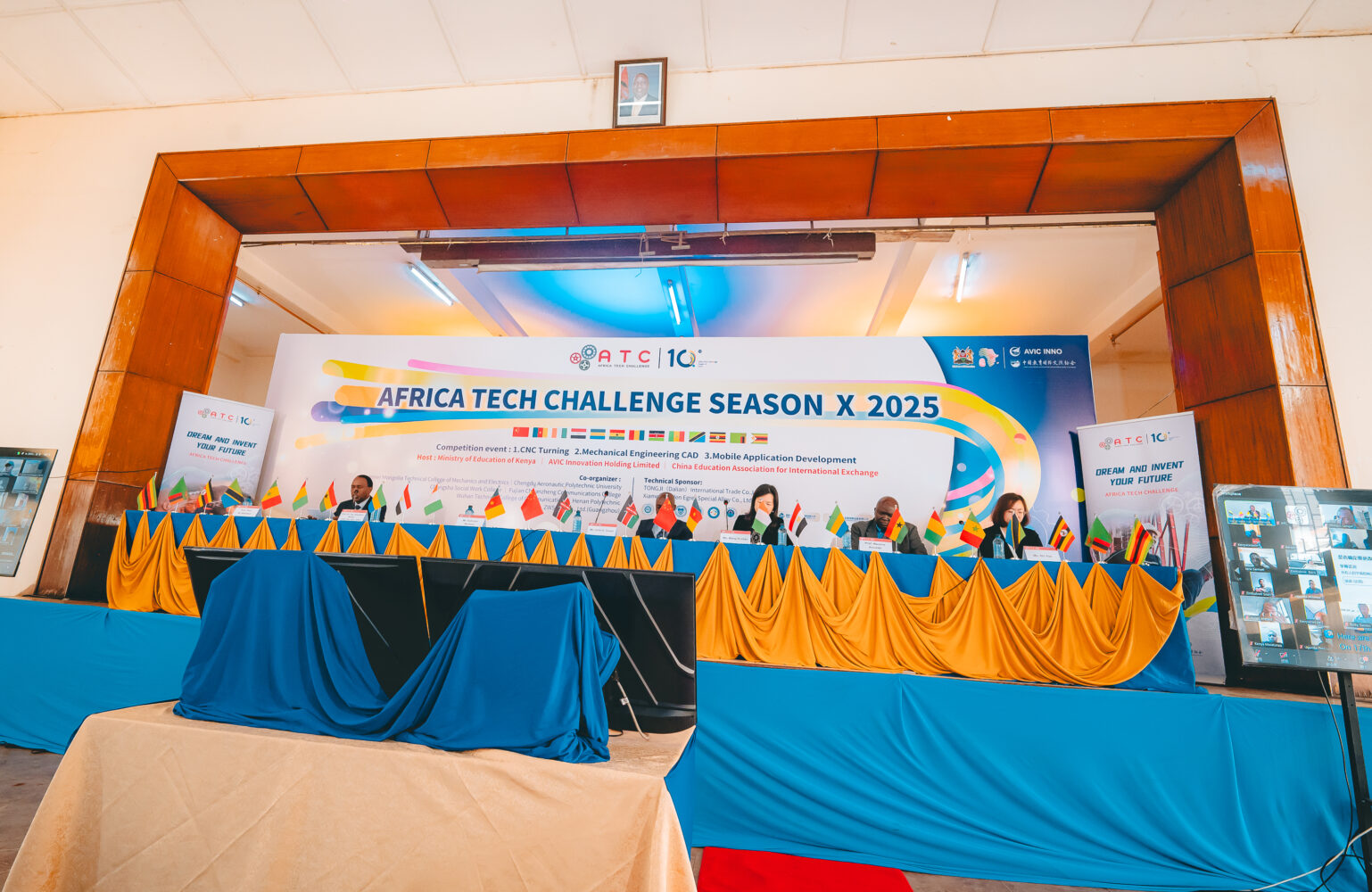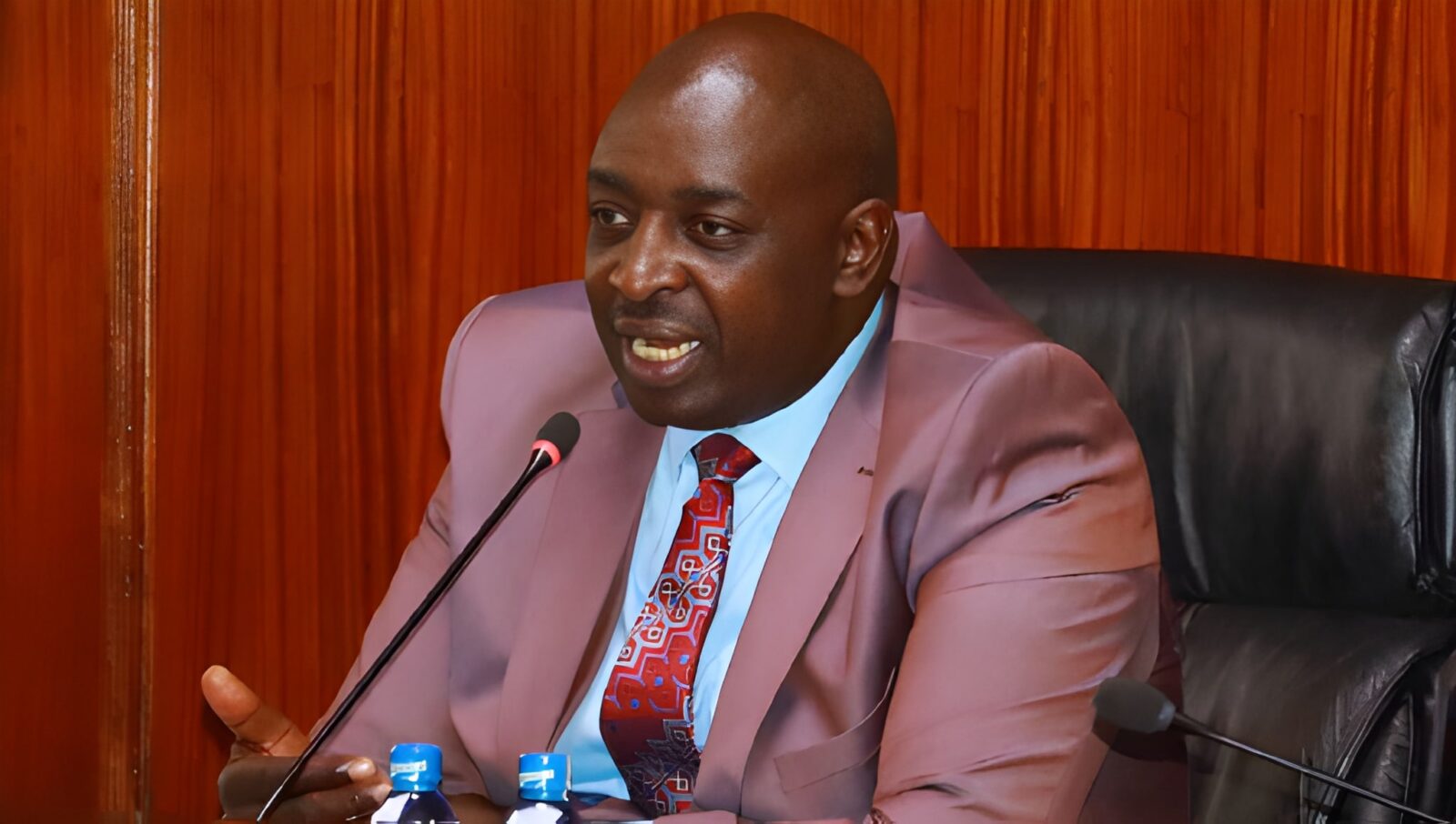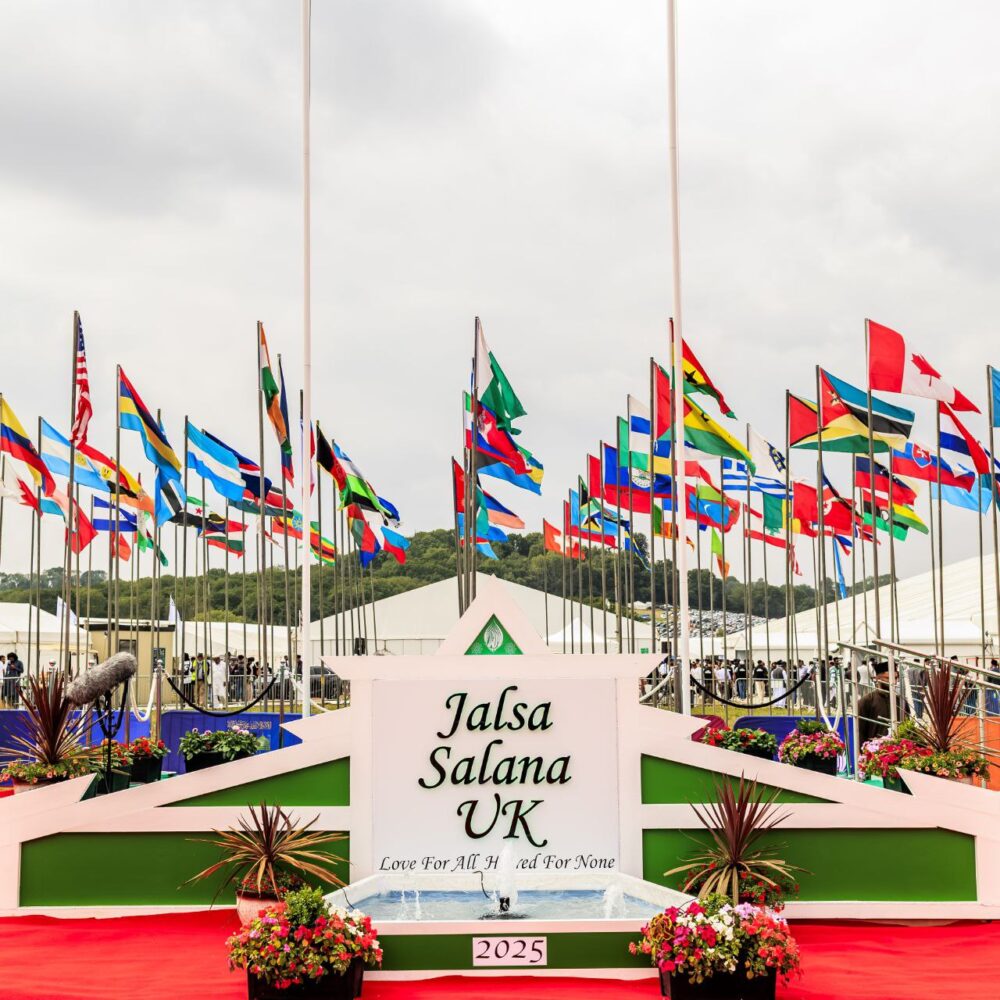In 2020, I made the very difficult decision to not sign a document that would have kept me employed.
Sure it wouldn’t have been the most ideal of circumstances (to stay that is) but I had faith that it was better to take a leap of faith and pursue those so called greener pastures.
This decision led to a two and a half year gap in my career with very interesting changes.
In the fast-paced world of the corporate sector, career trajectories are often expected to follow a linear path.
Any breaks, voluntary or forced, are considered by many, ill advised. In fact, the advise given by ‘The career elders’ is always look for a job when you are still employed. These breaks are especially brutal for women.
Why gap years are stigmatized
Gap years, often taken for personal development, personal challenges, or as a result of burn outs that call for critical action.
2020, due to COVID19, forced all of us into varied durations of the ‘GAP YEAR’. It worked out great for others, chance smiling on them I guess, but it was a career killer for some who were not so fortunate.
Voluntarily taking a gap year is often considered a sign of a lack of commitment or ambition. Africans are meant to power through unless you are privileged enough to afford it.
What’s even sadder is that you are never meant to expect to just pick up from where you left off no matter how qualified you are may be.
Job interviews then become traumatic experiences where you have to explain yourself and the ‘special circumstances’ that you were facing that forced the gap period.
Corporate cultures often reward uninterrupted career progress and tend to undervalue any unfamiliar transferable skills and resilience that women gain from their experiences during the career breaks.
I remember working on a short term project where my briefing sessions were at 10pm- 12 Midnight and working to meet the brief between 1am- 4am while still attending to my new born son.
The client used to wonder when I ever got any sleep. I felt like a ‘real corporate baddie’ then and I wasn’t even employed.
The narrative often overlooks the reality: Life is truly the best character developer and the best place to develop your soft skills is outside of the corporate space.
My humble opinion is that gap periods are valuable career builders. Women come back with heightened empathy and communication skills, which are critical in leadership and team management.
Given how hard life can get, navigating personal challenges makes a person creative and really great at critical decision making. Not to mention how resilient and adaptable one becomes.
There is also this clarity one gains when all things are stripped bare. You know your why and that changes your perspective and approach to life and work.
Women who find their why are laser focused and ambitious without ever having to be pushed. They are also Zen because they know what to ‘sweat’ and what not to. Its sometimes so magical to watch.
I would encourage the corporate leadership and recruiters to expand their view on career breaks because the gems are found within this segment.
Sometimes they will enter your interview rooms with a timidness or what many of you may term as a ‘demeanor that doesn’t inspire confidence’. But if you can, dare to scratch that surface, you will often be pleasantly surprised at how great a fit they will be.
As for the women who have emerged from career breaks, forced or voluntary, lets normalize telling our stories to each other and especially those who are younger.
These stories teach the next generation that stopping to pivot doesn’t equate to career suicide. Women are allowed to take gap years and sometimes it can be greatest growth decision you ever make.
Written by Everlyne Kamau


